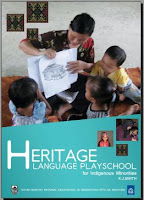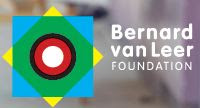[MLE] Resources from Odisha/Orissa

Dictionaries in 21 indigenous languages Over the last several weeks the Multilingual Education (MLE) program of the government of Odisha came 3 times to my attention: A presentation from the recent MLE conference in Bangkok, an excellent video clip explaining how the program works in the classroom and the news that 21 dictionaries were published.





